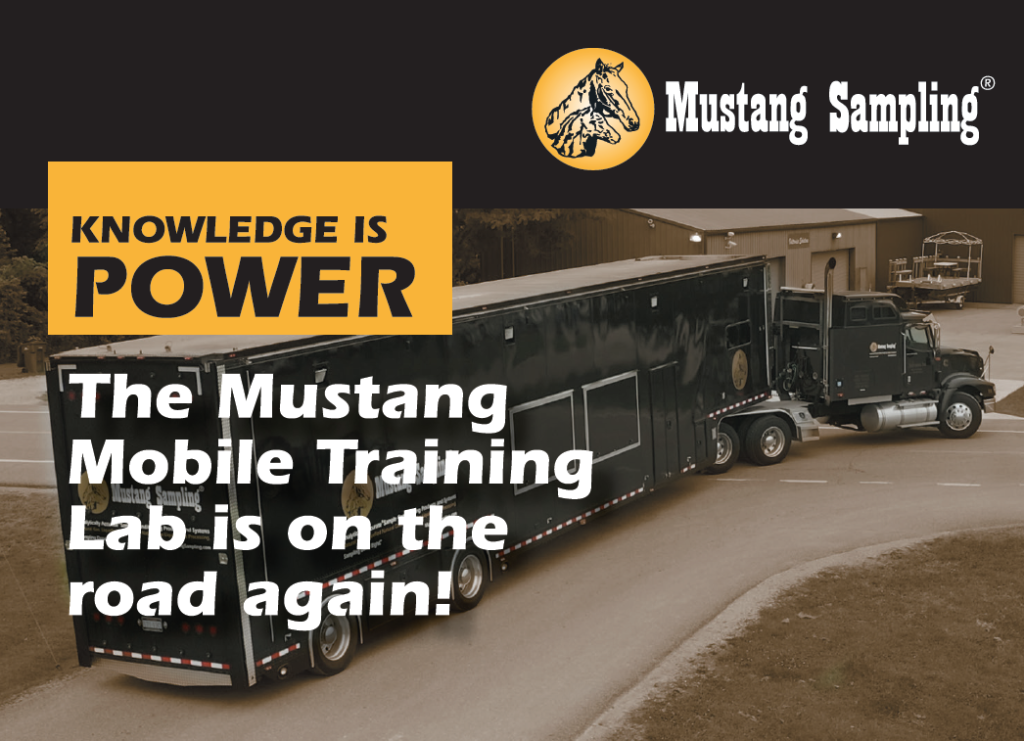Operations personnel in the oil and gas industry are increasingly being required to meet the knowledge demands of vast technological improvements in all facets of their work environments. Workforce reductions and early retirement programs have left knowledge gaps that must be quickly overcome. These items, when coupled with ever-increasing regulatory training mandates, tax training schedules and budgets.
Industry training practices
Traditional training methods utilize various types of training platforms to provide a structured blended program. Companies typically utilize a combination of noncontact training (e.g., computer-based training or webinars), classroom training and hands-on training. Off-site training often provides an extremely focused training environment but is exceedingly difficult to schedule because it requires time away from daily duties. Many times, individuals are left to schedule their own training with little oversight or guidance on available training resources. Hands-on, “on-the-job” training can be challenging to conduct as equipment is operationally critical and cannot be taken out of service for training purposes. Trying to utilize all these training platforms to meet the industry’s training requirements has too often been a futile effort by most companies due to time and budget constraints.
Technological advancements
Areas that have seen vast technical advancements in recent years are gas and liquid quality analyzers and the sample conditioning systems for meeting the inlet requirements of a wide variety of analytical equipment. Gas quality has become more of a focal point in midstream and transmission systems to meet both reliability and economic operations demands. Analytical equipment is increasingly utilizing technologies in laser and ultraviolet light detection for a variety of component analysis through spectroscopy. Gas chromatography has advanced to faster and smaller systems that provide modular components. The shale revolution has added to this complexity by introducing an abundance of richer gas streams. This increases the need to be much more aware of the importance of proper sample conditioning, thereby requiring the employment of both practices and equipment that deliver an accurate sample to the analyzer. Combine these technological advancements with new personnel entering the industry and training becomes increasingly important.
Customer service through training
Numerous companies across the U.S. have utilized Mustang Sampling’s Mobile Training Lab (MTL) to provide a realworld field installation training experience to their personnel, whether they’re at field locations or a corporate office. Companies such as Kinder Morgan in Houston; Targa in Midland, Texas; Crestwood in Carlsbad, New Mexico; and measurement schools in Oklahoma, Idaho and Texas have all hosted the MTL. The MTL is a 53-foot trailer with an onboard generator, making it a truly self-sufficient unit that’s operationally capable even in remote areas. It’s packed full of analytical equipment and sample conditioning systems. This lab provides students with the ability to learn firsthand how the equipment operates with guided instruction. Much of the equipment is fully functional, providing the option to give hands-on instruction to operate the equipment in a noncritical environment and, in some cases, disassembly and reassembly of various items. Multiple monitors are located throughout the trailer for video instruction, and a small classroom is in the front of the trailer where up to four students can receive individual instruction. Various analyzers available include four different models of gas chromatographs, moisture (H2O) analyzers, H2S analyzers, a mercury analyzer, an oxygen analyzer and a chemical process analyzer. These analyzers and sample conditioning systems cover natural gas, renewable natural gas, NGL and LNG. Depending on its schedule, the MTL can be on location relatively soon following the customer’s request. This service is typically provided at no cost to the customer and can be combined with a preliminary webinar to add to the overall training experience.
